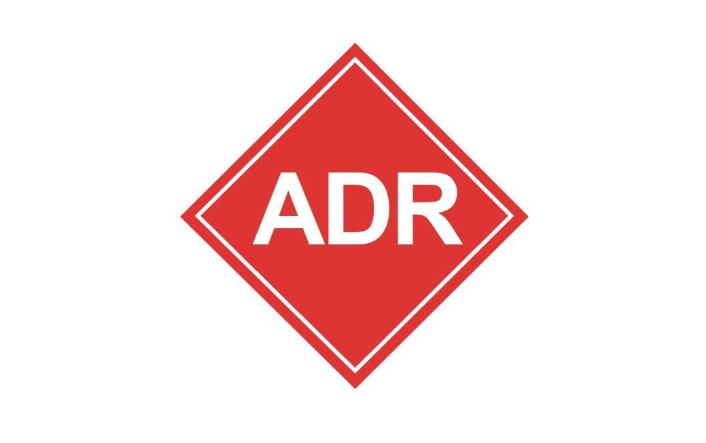
20 Mar ADR: “Adequate” or “Alternative”?
ADR: “Adequate” or “Alternative”? The debate on terminology and the normalization of ADR
In the framework of the round table “MARC Law: Lights, Shadows, and Questions,” organized by the Association of Conflict Mediation Professionals of Catalonia (ACDMA), a relevant debate opened on the terminology associated with Appropriate Methods of Conflict Resolution (MARC). In particular, the speaker Emma López made an interesting clarification about the term ADR (Alternative Dispute Resolution), arguing that it would be more accurate and beneficial to refer to MARC as “Adequate Dispute Resolution” rather than “Alternative Dispute Resolution.”
This proposal responds to the need to normalize MARC as the first option in conflict resolution, rather than as a mere alternative to the traditional judicial system. The word “alternative” may suggest that the main avenue for resolving disputes remains litigation in the courts, while mediation, arbitration, or other MARC would be secondary options. Instead, using “adequate” emphasizes the choice of the most appropriate method for each case, according to the characteristics of the conflict and the needs of the parties involved.
This conceptual distinction has significant implications for the future of mediation and other conflict resolution mechanisms. If MARC is perceived as a suitable and natural option, and not just a simple alternative, it could foster a cultural shift in which extrajudicial dispute resolution becomes the norm rather than the exception. This could help alleviate the burden on courts, reduce time and costs associated with litigation, and, most importantly, promote more consensual and beneficial solutions for all parties.
This debate is not merely semantic, but also strategic. The choice of appropriate language can influence the perception of the role of MARC within the judicial system and their effective implementation. In this sense, the Organic Law 1/2025 opens a window of opportunity to consolidate this visibility and position mediation and other MARC where they belong: not as an alternative, but as a fundamental pillar in conflict management.
Therefore, it is worth reconsidering the terminology and adopting concepts that strengthen the importance and effectiveness of MARC in our society. The key is to normalize them as primary mechanisms and adapt our legal and professional culture to make them fully operational and accessible to everyone.
